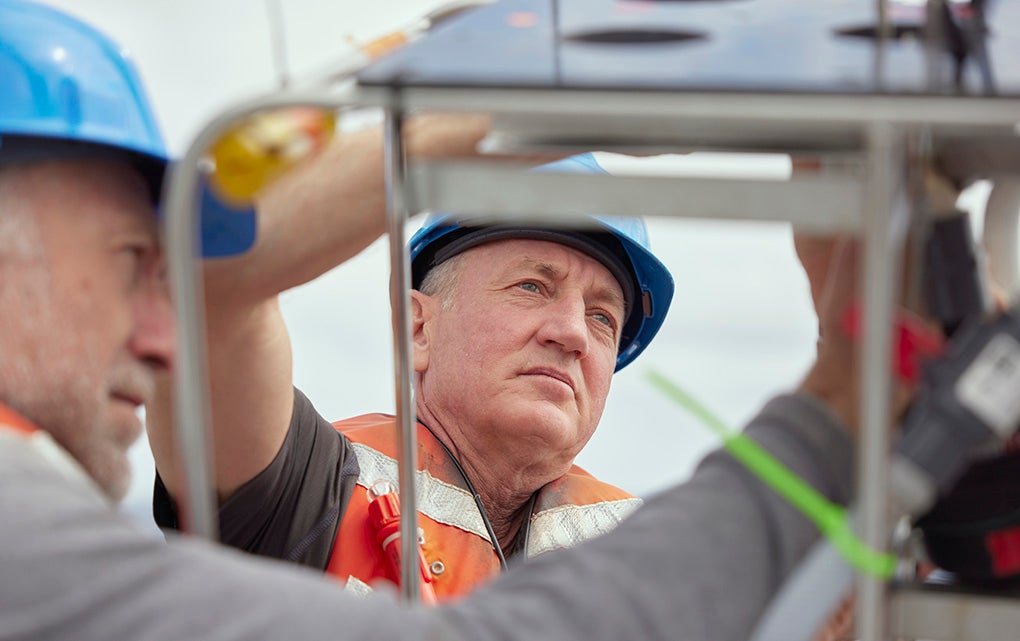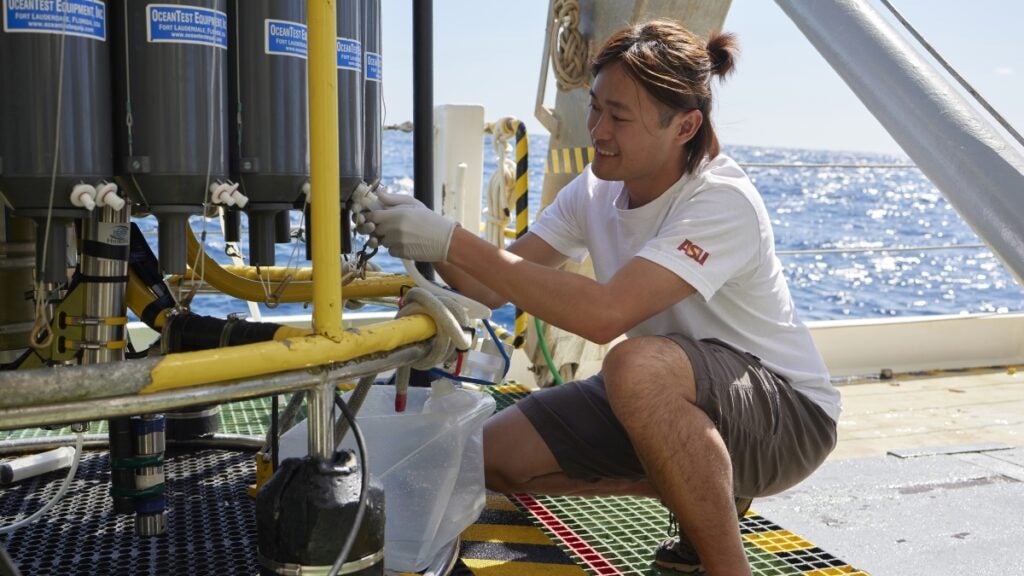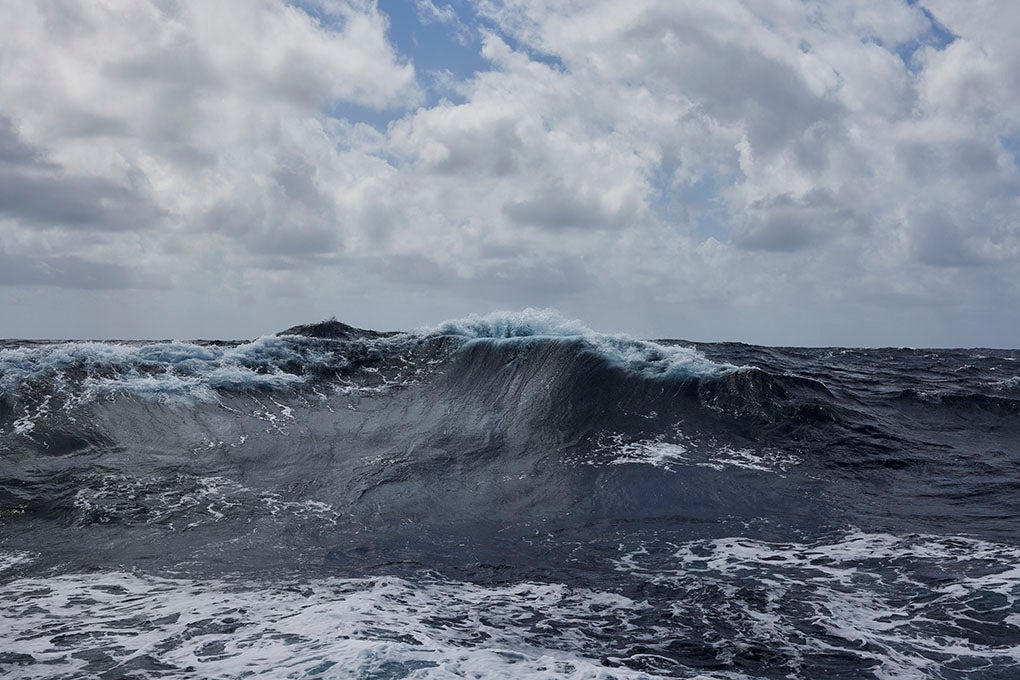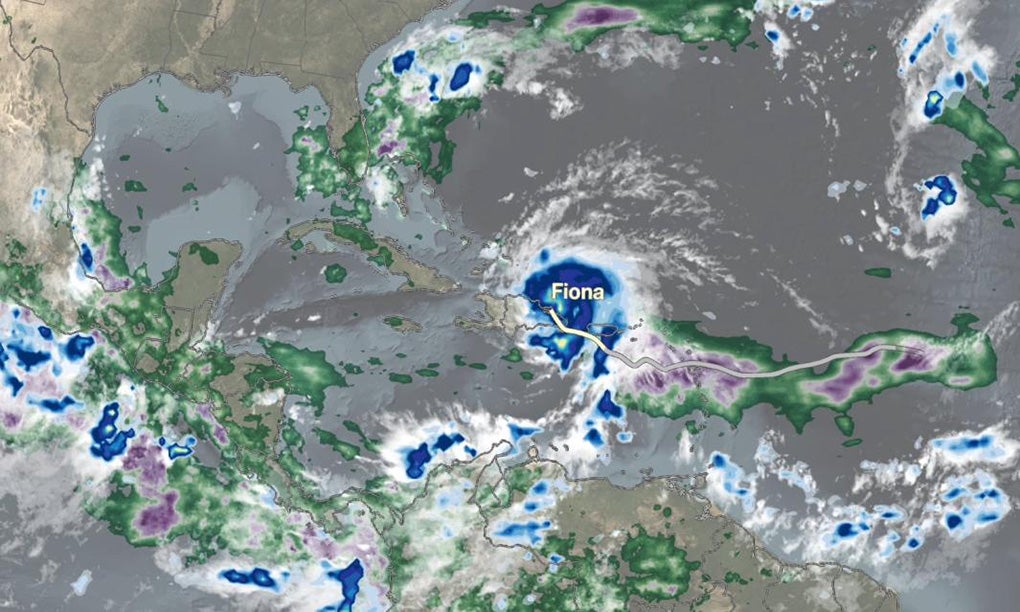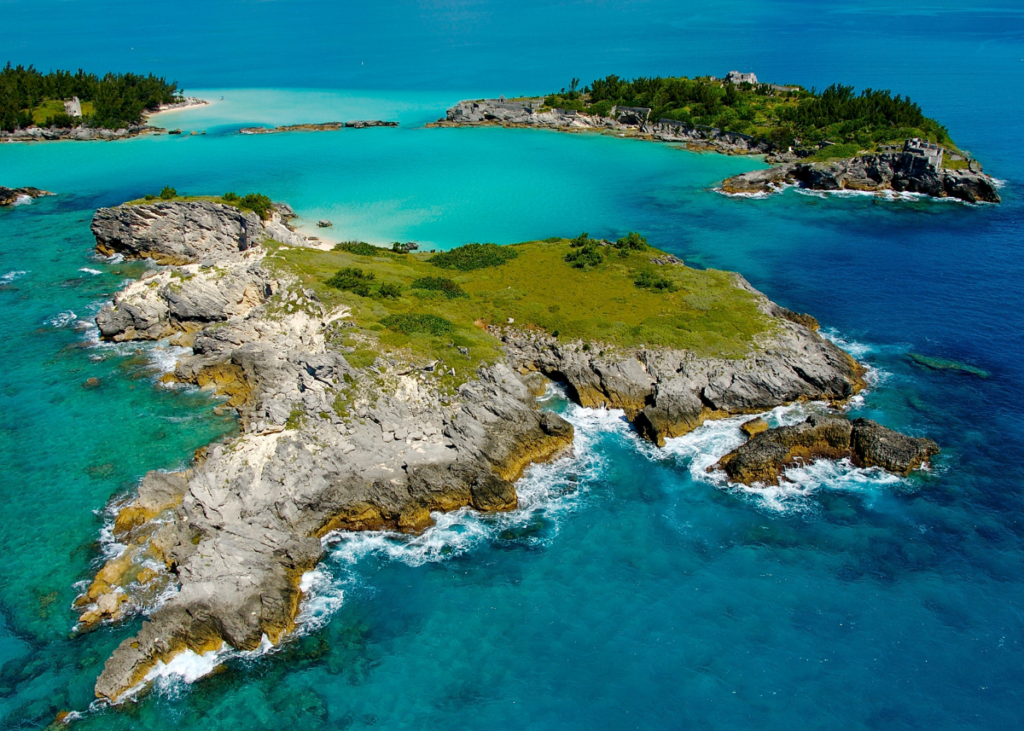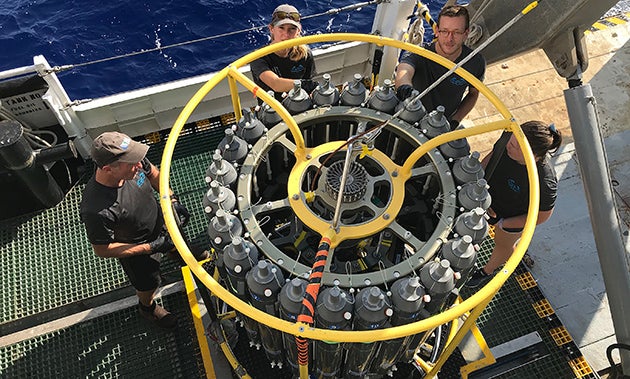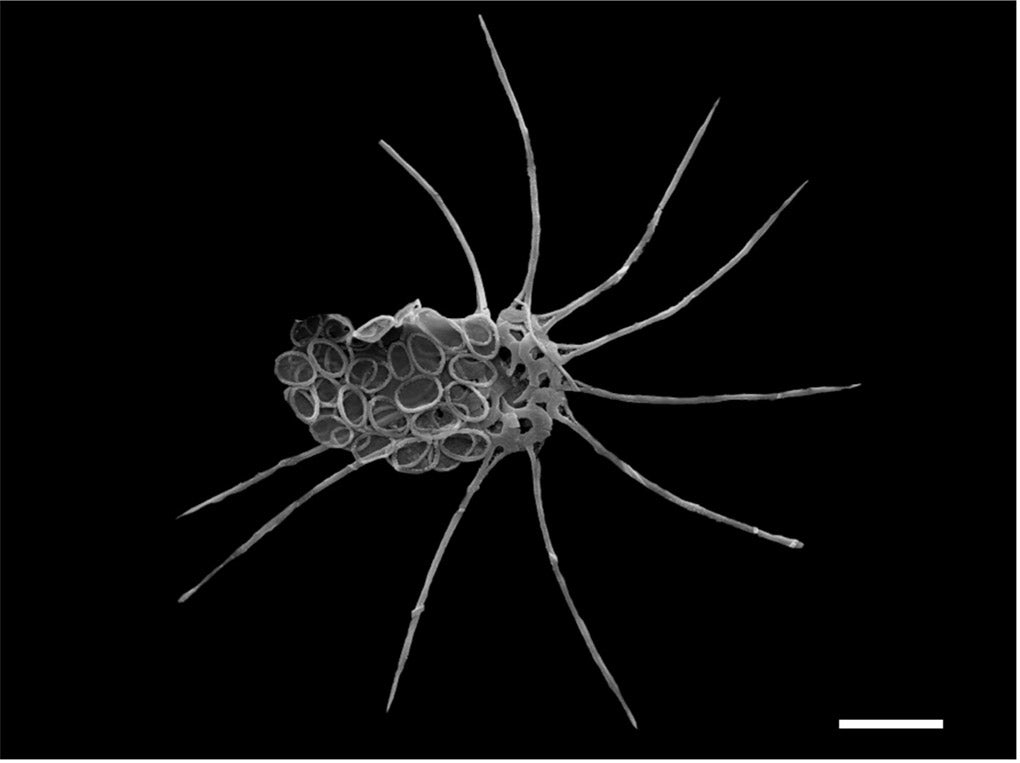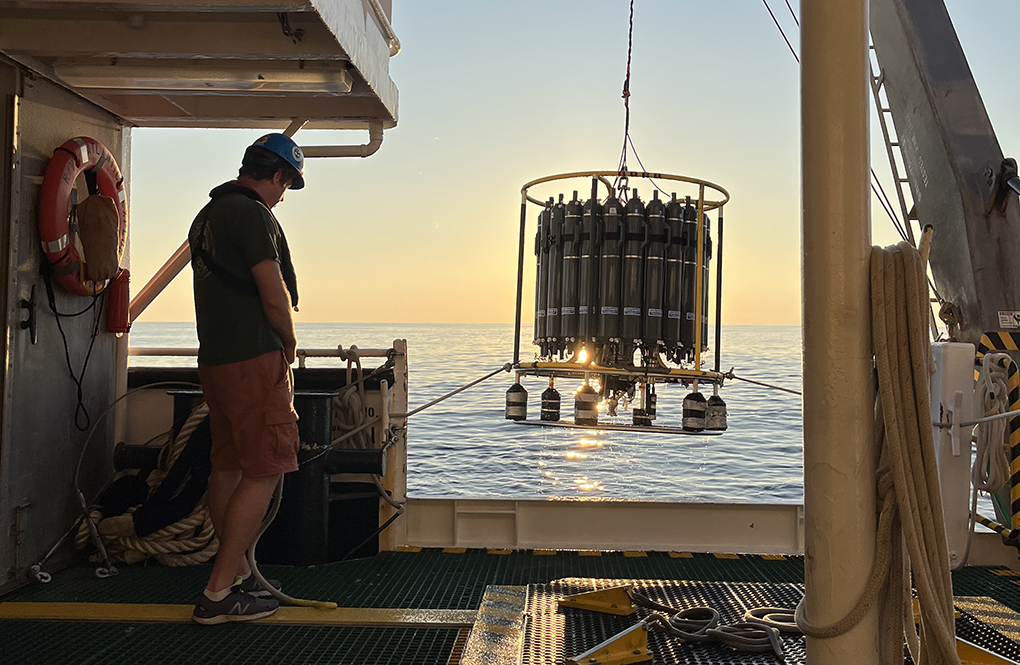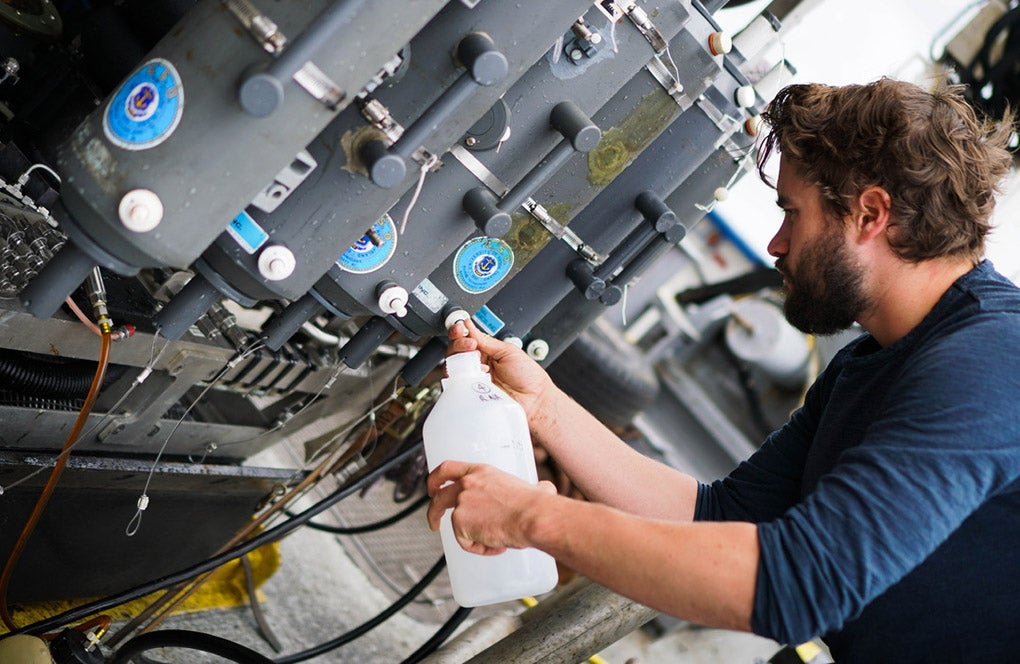In the News
Hydrostation ‘S’ Turns 70
Located southeast of Bermuda, Hydrostation ‘S’—a set of unmarked geographic coordinates (32 degrees 10 minutes North, 64 degrees 30 minutes West)—has yielded measurements of temperature, dissolved oxygen, salinity and other parameters every two weeks for seven decades.
Read MoreASU BIOS celebrates World Ocean Day by honoring BIOS’s 120 years of marine research
Plus, ASU BIOS announces new scholarship opportunities for Bermuda students.
Read MoreASU offers degrees to shape thriving ocean futures
College of Global Futures launches undergraduate, graduate degrees within School of Ocean Futures
Read MoreScientist Paper Highlights Need for More International Policy Focus on the Air-Ocean Nexus
The collection of research aims to evaluate air-sea exchange science, identify future research paths, and uncover new opportunities for collaboration, technology, and discovery.
Read MoreBermuda Hurricane Model Expands to the Caribbean
Research demonstrates the greater relevance of upper-ocean temperatures versus sea-surface temperatures alone in the prediction of hurricane intensity.
Read MoreCanary in the Coal Mine: How One Small Island Became the Face of Bermuda’s Changing Climate
Charles Island is one of a group of small, uninhabited islands that form a broken chain across the southern side of Castle Harbour. At least, for now it is one island — pretty soon it is likely to be two.
Read MoreAtlantic Ocean near Bermuda is warmer and more acidic than ever, 40 years of observation show
Oceans are constantly changing. These changes don’t only affect marine life but also have wide-reaching consequences for land dwellers. To document them, monitoring stations in the North Atlantic Ocean have been active for decades. Now, researchers have reported on the latest changes, showing that compared to 40 years ago, the ocean near the island of Bermuda is warmer, saltier, more acidic, and has lost oxygen. Long-term monitoring can provide information about existential challenges societies will face in the near future, the researchers said.
Read MoreDiscovery of a New Calcifying Phytoplankton Species off Bermuda
Researchers’ discovery bolsters scientific record indicating global distribution of coccolithophore species now formally described as Calciopappus curvus
Read MoreStudy Highlights Importance of Mineral Iron in Ocean Ecosystems
Research reveals the importance of mineral forms of iron in regulating the cycling of this bio-essential nutrient in the ocean
Read MoreNitrous Oxide Cycling Study Points to Microbial Networks Key to Maintaining the Balance of Marine Nutrients
Study examines the role of microbes in the nitrogen cycle of the world’s oceans.
Read More
